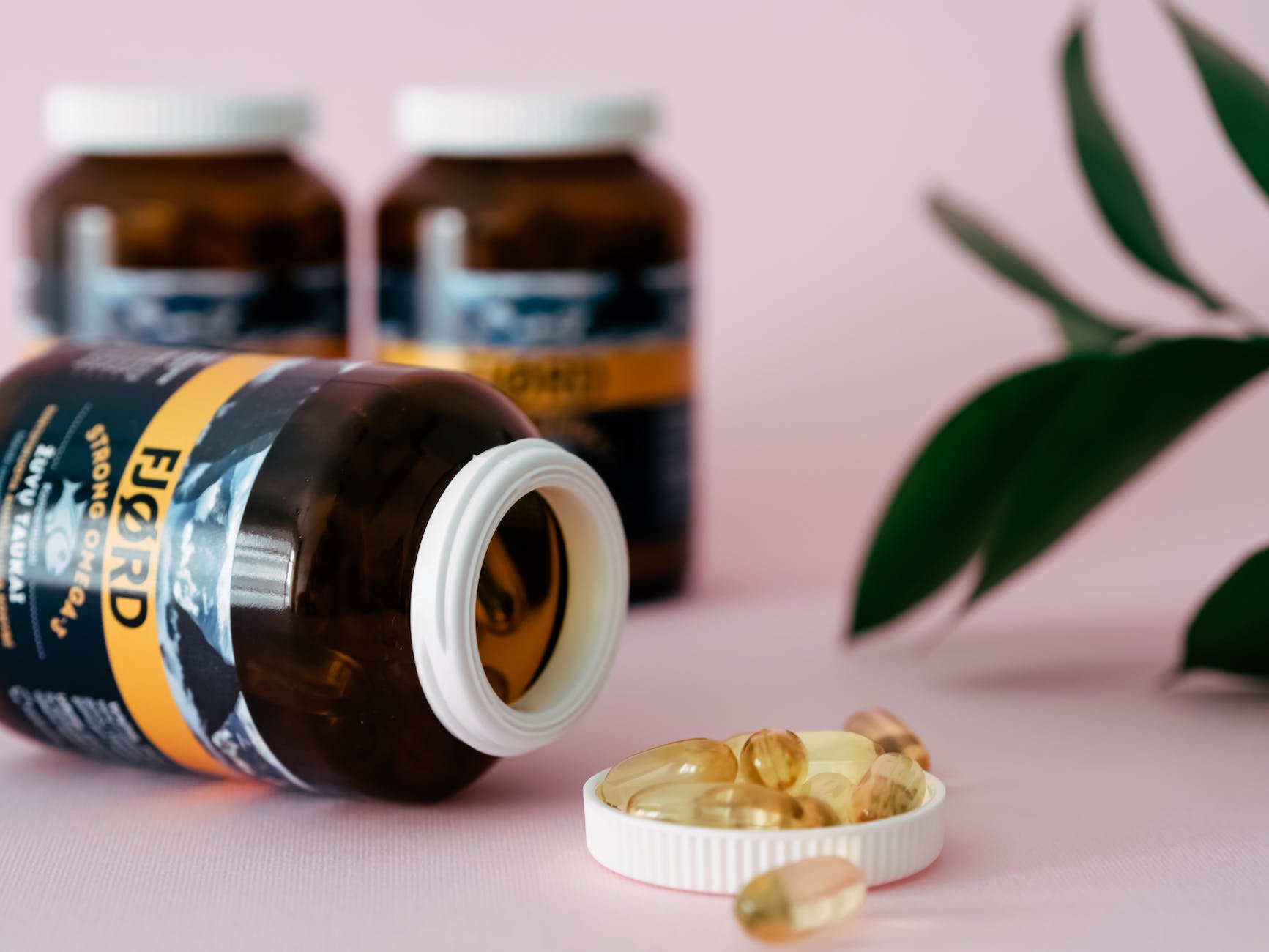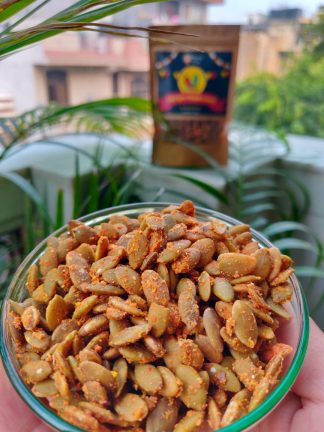
Vitamin B12 is a nutrient that helps keep the body’s nerve and blood cells healthy and helps make DNA, the genetic material in all cells. Not getting enough B12 can lead to tiredness, weakness, constipation, loss of appetite, weight loss, and megaloblastic anemia. Here is the ultimate guide to understanding this essential nutrient, the best foods for vitamin B12, and how to choose a B12 supplement.
Demystifying Vitamin B12: What You Need to Know
Vitamin B12 is an essential water-soluble vitamin that plays a vital role in many bodily functions. These include the production of red blood cells, DNA synthesis, nerve function, and the metabolism of proteins and fats. B12 is unique in that it is the only vitamin that contains a trace element – cobalt – which gives the cobalamin group of compounds their collective name.
The human body doesn’t produce vitamin B12, so it needs to be consumed through diet or supplementation. It’s stored in the liver and kidneys, and a deficiency in B12 can lead to a variety of health problems, including fatigue, neurological disorders, and types of anemia.
Natural Sources of Vitamin B12
B12 in Animal Products: Eggs, Milk, and Liver
- Eggs: A natural, unprocessed source of many essential nutrients, including Vitamin B12. The yolk is a nutritional goldmine, where the majority of the vitamins reside. A large boiled egg can provide about 0.6 micrograms of Vitamin B12.
- Milk: A glass of whole milk provides a burst of essential nutrients, including about 1.2 micrograms of Vitamin B12. Dairy products like yogurt and cheese also provide a good amount of B12.
- Liver: Beef liver is one of the highest sources of B12, a powerhouse of nutrients. A serving of 100 grams can contain up to 83 micrograms of Vitamin B12.
Seafood Rich in B12
- Clams: These small but mighty mollusks pack an impressive amount of Vitamin B12. Just a 3-ounce serving of cooked clams can deliver a whopping 84 micrograms of Vitamin B12.
- Fish: Fatty fish like salmon, trout, and tuna are not only rich in omega-3 fatty acids but also provide a good amount of B12. A 3-ounce serving of cooked salmon offers around 4.8 micrograms of Vitamin B12.
These foods not only provide vitamin B12 but also pack other nutrients like high-quality protein, omega-3 fatty acids, and other essential vitamins and minerals. It’s worth noting that cooking methods can affect the B12 content of these foods, so methods that minimize heat and water use will retain the most nutrients.
Natural Sources of Vitamin B12: Fortified Foods and Supplements
For vegetarians, vegans, or those who prefer not to consume animal products, there are many B12-fortified foods and supplements available. Fortified foods contain B12 that’s been added in during processing. These include:
- Fortified Breakfast Cereals: Many breakfast cereals are fortified with vitamin B12. Always check the nutritional information on the packaging to confirm B12 content.
- Plant-Based Milks: Almond, soy, and rice milk are often fortified with B12.
- Fortified Nutritional Yeast: Nutritional yeast, a staple in many vegan diets, is often fortified with B12.
In addition to fortified foods, B12 supplements are available and can be a reliable source of this vitamin. Methylcobalamin and adenosylcobalamin are the forms of B12 that your body can use directly and are often recommended.
Vegan and Vegetarian-Friendly Sources of B12
While Vitamin B12 is primarily found in animal products, there are some vegetarian and vegan-friendly sources available, primarily through fortified foods:
- Fortified Cereals: Many breakfast cereals are fortified with 100% of the daily value of B12. These are a practical choice for anyone needing to boost their B12 intake, including vegans and vegetarians.
- Non-dairy Milks: Soy, almond, and oat milk are often fortified with B12 and can be a great dairy-free, vegan-friendly addition to the diet.
- Yeast Extracts: Nutritional yeast and yeast spreads like Marmite are fortified with B12 and can be added to various dishes for a nutritional boost.
Special Cases: B12 Supplements for Specific Needs
Certain situations may require you to take B12 in combination with other nutrients:
Iron and B12 Supplements
Iron and B12 work together in the production of DNA and red blood cells. Supplements that combine both are often recommended for those with certain types of anemia.
B6 B9 B12 Supplements
A combined supplement of B6, B9, and B12 can help ensure balanced intake of these essential nutrients, particularly for those with specific dietary restrictions or health conditions.
Overcoming Deficiencies: The Best B12 Supplements
For some, getting enough Vitamin B12 through diet alone can be challenging. The elderly, those with certain health conditions, and those following a vegan or vegetarian diet may need to consider fortified foods or supplements.
Best B12 Supplement for Absorption
- Methylcobalamin and adenosylcobalamin are the most readily absorbed forms of B12. They are the natural forms of the vitamin found in food and the human body, making them a good choice for most people.
Best B12 Supplement for Anemia
- Vitamin B12 plays a vital role in the production of red blood cells. To counteract B12 deficiency anemia, Vitamin B12 oral supplements and injections are typically recommended.
Best B12 Supplement for Seniors
- As we age, our ability to absorb Vitamin B12 from food can decrease. A daily B12 supplement can help seniors meet their daily requirement.
Best Vegan B12 Supplements
- Methylcobalamin and cyanocobalamin supplements are suitable for vegans. These are available in various forms, from traditional tablets to sprays and lozenges. Fortified plant-based milks, soy products, and breakfast cereals are also excellent sources of B12 for those on a vegan diet.
Best Organic B12 Supplement
- For those seeking a natural, non-synthetic source of B12, supplements derived from fermented yeast or whole foods can be a good option. These are made from real foods that are concentrated and dehydrated, offering a more natural nutrient profile.
In cases where B12 deficiencies exist, it may be necessary to supplement your diet. As always, it is recommended to seek professional medical advice before starting any supplement regimen. Here are some of the most effective B12 supplements:
- Methylcobalamin: Often referred to as the most bioavailable form of B12, Methylcobalamin is a great choice. It’s easily absorbed and used by your body, providing efficient results.
- Adenosylcobalamin: This is another bioactive form of B12 that is well absorbed and used by the body.
- Cyanocobalamin: This synthetic form of B12 is often found in lower-cost supplements and fortified foods. It is easily converted into the active forms of B12 in the body.
- Hydroxocobalamin: This form of B12 is often used in injections to treat B12 deficiency and is thought to be stored in the body for longer periods compared to other forms.
Remember, the best B12 supplement largely depends on your personal health needs and how well you can absorb B12.
Complementing B12: A Look at Other B Vitamins
B vitamins are a group of nutrients that work harmoniously in the body. Several of these vitamins share roles with Vitamin B12, and eating foods rich in a variety of B vitamins can be beneficial.
Synergy of B1, B6, and B12
- Vitamin B1 (Thiamin), B6 (Pyridoxine), and B12 (Cobalamin) work together to convert food into glucose, which gives energy. They also support nervous system health and aid in the production of RNA and DNA. Foods rich in both B6 and B12 include fish (like tuna and salmon), lean chicken breast, potatoes, and non-citrus fruits.
Importance of Folate and Vitamin B12
- Folate (Vitamin B9) and Vitamin B12 are partners in the production of red blood cells. They also cooperate in creating S-adenosylmethionine (SAMe), a compound involved in immune function and mood. Foods that offer both B12 and folate include eggs, dairy products, meat, seafood, and fortified cereals.
Vitamin B12, like all B vitamins, works best when combined with other B vitamins. Here is a brief look at other B vitamins and how they complement B12:
- Vitamin B6 (Pyridoxine): Works with B12 in many body functions, including the production of hemoglobin in the blood, which carries oxygen throughout the body.
- Vitamin B9 (Folic Acid): Plays a key role in DNA synthesis and repair and red blood cell formation. B9 and B12 are particularly important during pregnancy for fetal development.
- Vitamin B1 (Thiamine), B2 (Riboflavin), B3 (Niacin), and B5 (Pantothenic Acid): These B vitamins work together to convert food into energy and are important for maintaining the health of the nerves, heart, and brain.
Therefore, taking a B-complex supplement, which contains all B vitamins, can be a good strategy to ensure adequate intake of each of these essential nutrients.
Incorporating B12 Into Your Daily Life
Now that you know more about the importance of B12 and the sources where you can find it, it’s time to put this knowledge into action. Here are a few suggestions:
- Balanced Diet: Aim for a diet rich in different sources of B12, such as meat, eggs, dairy, and fortified cereals or plant-based milks. This will not only cover your B12 needs but also provide other essential nutrients.
- Supplementation: If you follow a vegetarian or vegan diet, consider adding a B12 supplement to your routine or opt for B12-fortified foods to ensure adequate intake.
- Routine Check-ups: Regular blood tests can monitor your B12 levels and can help identify a deficiency before it leads to serious health issues. This is particularly important for people at risk of deficiency, such as the elderly or those following a vegan diet.
Remember, a well-balanced, nutrient-rich diet is key to overall health and well-being. Your body will thank you for taking care of it!
FAQs about Vitamin B12
- What are some of the best foods for B12?
- Animal-based foods are excellent sources of B12. This includes seafood (like clams and fish), eggs, milk, and liver. For vegetarians and vegans, fortified cereals and nutritional yeast can provide a substantial amount of B12.
- Are there natural sources of Vitamin B12 for vegans?
- Natural vegan sources of B12 are limited as B12 is primarily found in animal products. However, fortified foods such as plant-based milks, breakfast cereals, and nutritional yeast can help vegans meet their B12 needs.
- Which B12 supplement is the best for absorption?
- The forms of B12 that your body can use directly, Methylcobalamin and adenosylcobalamin, are considered the best for absorption.
- Can a B12 deficiency be reversed with supplements?
- Yes, B12 deficiency can often be corrected with a balanced diet, fortified foods, and B12 supplements. However, the cause of the deficiency must be addressed to prevent its recurrence.
- Do B6 and B12 work together?
- Yes, B6 and B12 work together in the body to convert food into glucose, provide energy, and support the health of the nervous system.
- What are the signs of B12 deficiency?
- Some signs of B12 deficiency include fatigue, weakness, constipation, loss of appetite, weight loss, and neurological problems like depression, confusion, and poor memory.
- Is there a B12 supplement suitable for seniors?
- Yes, oral B12 supplements are recommended for seniors as the ability to absorb B12 from food decreases with age.
- Can you get enough B12 from a vegetarian diet?
- Vegetarians can get B12 from dairy products and eggs, but vegans must rely on fortified foods or supplements to get enough B12.
- Which fortified cereals are rich in B12?
- Many breakfast cereals are fortified with B12. Always check the nutritional information on the packaging to verify the B12 content.
- Is it better to take a B12 supplement orally or by injection?
- Both methods can be effective for addressing B12 deficiency. Injections are typically used for those with severe deficiencies or absorption problems, while oral supplements are generally sufficient for most people.
Conclusion
Vitamin B12 is a crucial nutrient that your body needs to perform its many functions. It is abundant in many foods, particularly animal products, and is also available in fortified foods and supplements. By understanding the best sources of Vitamin B12 and incorporating them into your diet, you can ensure your













